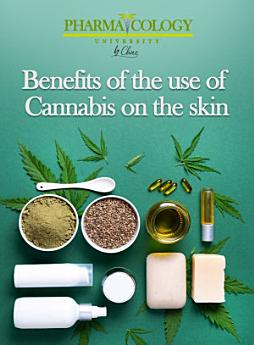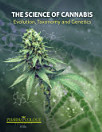Benefits of the use of Cannabis on the skin
About this ebook
This organ protects the body against mechanical, chemical, and poisonous aggressions, as well as heat, cold, UV radiation, and infectious microbes. It is also necessary for the maintenance of body fluid balance, acting as a barrier against potential water loss (transcutaneous water loss), the maintenance of thermal equilibrium, and the transmission of a large amount of external information to the organism via touch, pressure, temperature, and pain receptors. Furthermore, the fact that we externalize our emotional state demonstrates that the skin plays a significant part in our connection function. We blush, grow pale, our hair stands on end, and we emit a stench as a result of it (pheromones).
The endocannabinoid system's strong link with the control of processes that contribute to skin illnesses such as psoriasis, acne, atopic dermatitis, scleroderma, and even some kinds of cancer has been investigated for decades. As a result, it has been postulated that the usage of cannabis-enriched dermatological products will have significant therapeutic benefits on these illnesses as well as degenerative processes related to aging.
The endocannabinoid system aids in the regulation of critical skin activities such as the synthesis of cytokines (proteins produced by our immune system that create inflammatory and anti-inflammatory responses), the creation of sebum, and the development of cells responsible for skin regeneration.
Knowing the advantages of cannabis culture, there are now an infinite number of goods on the market ranging from lotions, soap, mascara, and CBD oils, among others, that have become part of the daily routine.
This material will address subjects such as the advantages of CBD in different skin types, as well as the variety of cannabis-derived skin care products available on the market today.
If you are interested in learning more about this essential topic, we at Pharmacology University have chosen to include it in our series of audiobooks for you and your family. Have fun with it!







